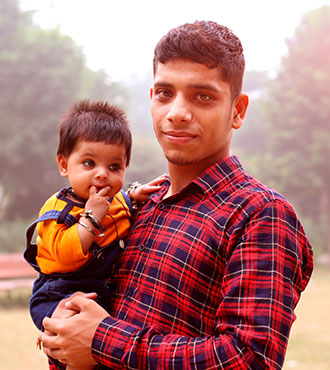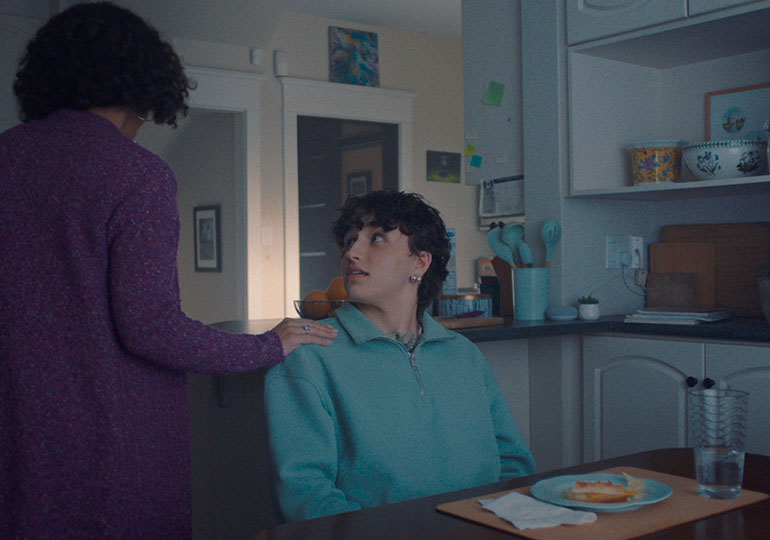Family plays an important role in the lives of most young people. Your family can have a big impact on how you feel about yourself and your life in general.
What’s your family like?
How you relate to your family will change over time as you grow up and become an adult. Your family’s dynamics or structure can also change. Families may face challenges or have conflicts, but no matter what, you’re not alone. There is no single “right way” to be a family and no two families are exactly alike.
Family structure
There are many kinds of family structures. Your family may be a:
- two-parent family
- one-parent family
- step-family (one or more step-parents with or without step-siblings)
- foster family
- adoptive family
- family with extended family members (grandparents, aunts, uncles, cousins)
- family with “guardians” or “caregivers” instead of “parents”
Family rules and expectations
Families look and act very differently and each has its own rules and expectations. These expectations may be based on how a family’s members were raised, the culture(s) of the family or religious beliefs.
Your family may have expectations about things like:
- food and meals (mealtimes, who prepares meals, types of foods you eat)
- how tasks are divided (who works outside the home, who cares for the home and children)
- how much time you spend together
- how much time you spend with your extended family
- which holidays you celebrate and how
- how you communicate with other family members (how often you talk, what you talk about, how you express differences)
- how to solve problems
- how much input children have in family decision-making
No matter what rules and expectations your family has, everyone should feel safe, respected and valued. Adults in your family should give you guidance, support and a sense of belonging.




















